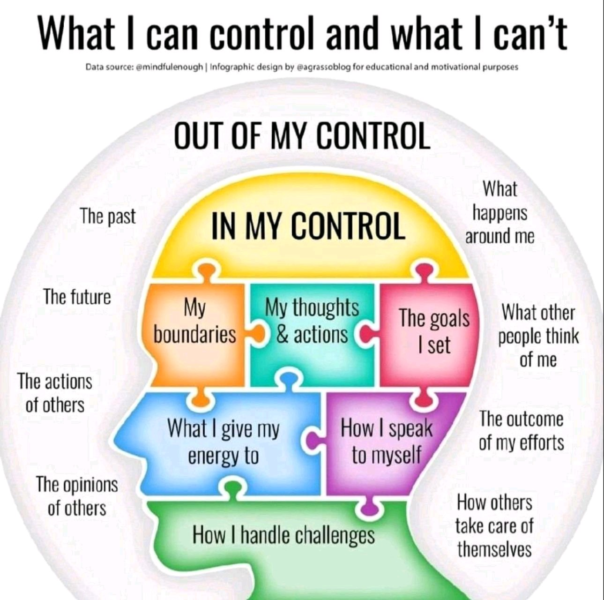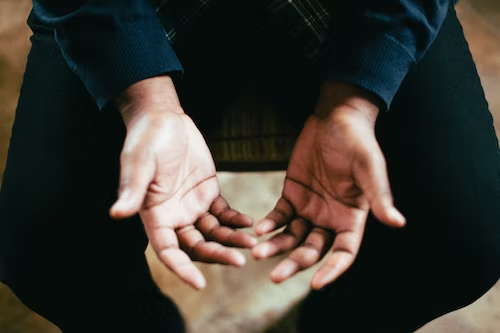
Hello All,
Today I’m featuring excerpt from Oliver Burkeman’s The Imperfectionist.
Best, Vicki P.
(…)
People have occasionally objected, in response to that 2014 blog post (“Everyone is just winging it, all of the time”), that “everyone is winging it” is something only a journalist could write about politicians, other journalists, and people in similarly mushy lines of work. Surely airline pilots, heart surgeons and deep-sea oil engineers are very much not making things up as they go along?
This objection helps clarify what “winging it” really means. Of course pilots and doctors and engineers – people highly skilled at navigating complex bodies of specialist knowledge – aren’t just bumbling randomly through life like idiots. But in another, arguably deeper sense, they’re totally winging it. Like anyone else, they can never grasp the whole of the situation in which they find themselves; and like anyone else, they can never be certain about what’ll happen in the very next moment, let alone a week or a month from now. Like all of us, they’re just crossing bridges as they come to them: they can’t depend in any absolute way on the bodies of knowledge in which they’re trained. Life is always bigger, and more unknowable, than any set of concepts we use to try to make sense of it.




